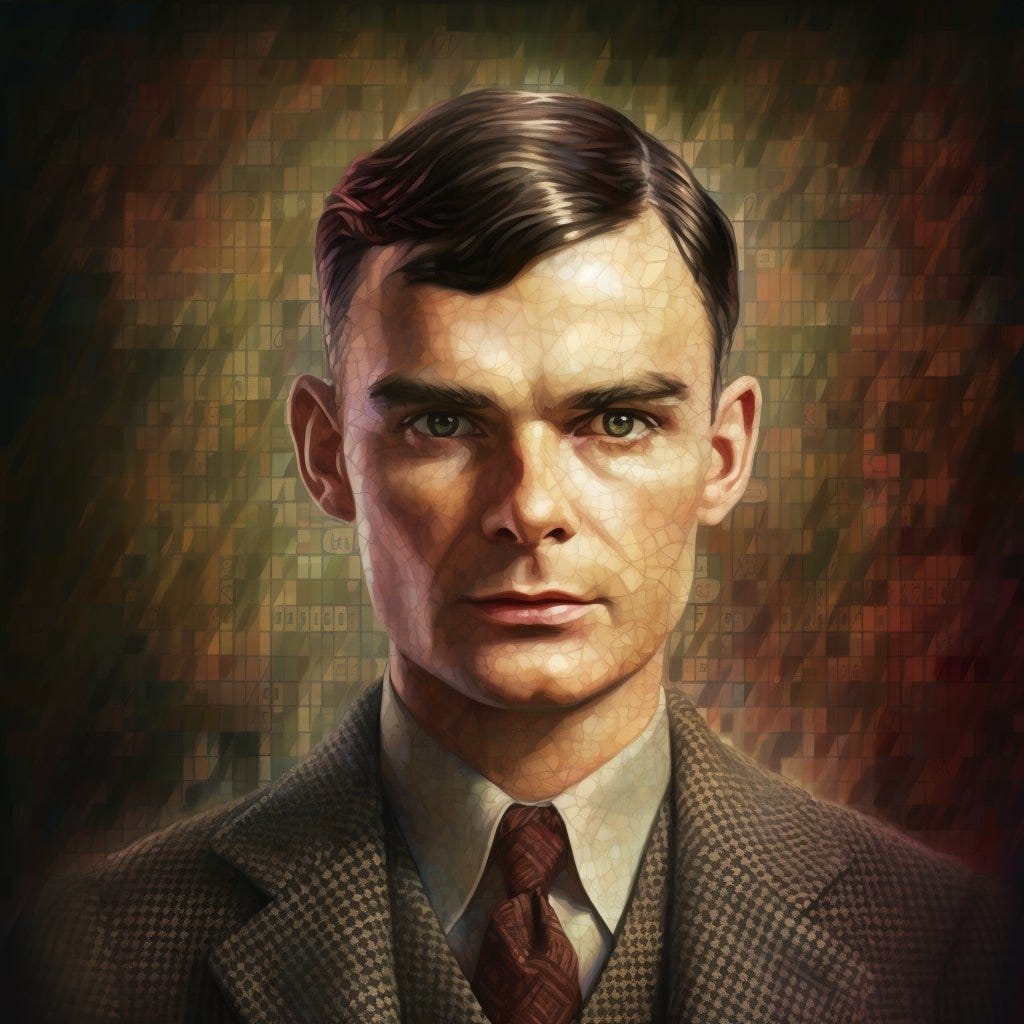How a 1950 Paper Established the Basis for Fashionable AI and Continues to Problem Our Understanding of Intelligence
In 1950, when the trendy laptop was nonetheless in its infancy, British mathematician Alan Turing revealed a groundbreaking paper that will eternally change our understanding of machine capabilities. “Computing Equipment and Intelligence,” revealed within the journal Thoughts, posed a seemingly easy but profound query: “Can machines assume?” Reasonably than trying to outline “considering” philosophically, Turing proposed a sensible take a look at that continues to affect synthetic intelligence analysis to this present day.
Turing acknowledged that immediately asking whether or not machines can “assume” would result in infinite philosophical debates concerning the definition of considering itself. As a substitute, he proposed what he known as “the imitation recreation,” now extensively generally known as the Turing Check.
“I suggest to think about the query, ‘Can machines assume?’ This could start with definitions of the which means of the phrases ‘machine’ and ‘assume.’ The definitions may be framed in order to mirror as far as potential the traditional use of the phrases, however this perspective is harmful,” Turing wrote, acknowledging the linguistic entice of such definitions.
The unique imitation recreation concerned three individuals: a person (A), a girl (B), and an interrogator © who stays in a separate room. The interrogator’s purpose is to find out which of the unseen individuals is the person and which is the lady by asking questions. Each individuals attempt to persuade the interrogator that they’re the lady, with the person trying to deceive and the lady attempting to assist the interrogator attain the proper conclusion.
Turing then proposed a variation of this recreation the place a machine replaces one of many human individuals. The query turns into: Can the machine imitate human responses convincingly sufficient that the interrogator can’t reliably distinguish between human and machine? In that case, argued Turing, we must concede that the machine is exhibiting…
